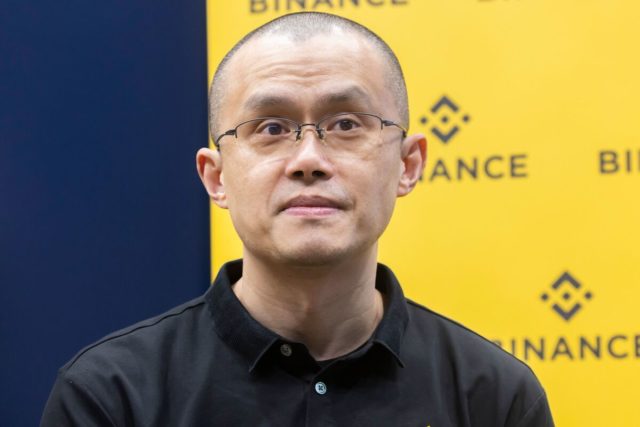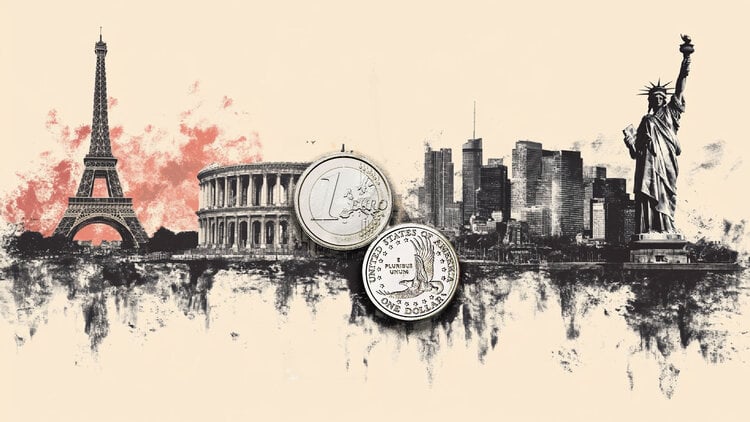Companies that want to carry out IPOs and follow-ons this year may have to face a scenario that is not as favorable as in previous years, at least in Brazil.
Here, three major factors must weigh in on this less inviting context: high inflation, the basic interest rate and the presidential elections.
Traditionally, election years reflect on the stock market with high volatility and, in the face of uncertainties, with a drop in the number of issues.
“Volatility this year is, therefore, widely expected and should indeed impact the performance of the offerings”, says Daniel Bassan, CEO of UBS BB.
In a situation considered ideal for market agents, the candidate most likely to win the elections must commit to fiscal responsibility, bring clear economic policy rules, bet on privatization and indicate that he will work to control rising prices, says Eduardo Cavalheiro, economist and manager at Rio Verde Investimentos.
Any scenario other than that will stress the markets. “The victory of a political project that pleases economic agents should generate a favorable anticipation of the economic benefits expected for the four years of the future president’s term”.
In 2021, the Brazilian stock exchange ended the year with 45 primary offerings and 26 secondary offerings, with a turnover of BRL 126.9 billion.
The biggest primary offer of the year was from the sugar and ethanol producer and fuel distribution and power generation company Raízen, on August 4, which raised R$ 6.7 billion. The largest secondary offering was Vibra (formerly BR Distribuidora) which, on July 30, raised BRL 11.35 billion.
Inflation and Selic
As long as interest rates remain pressured to contain inflation in Brazil, says Arley Matos da Silva, investment advisor at Santander, post-fixed fixed income investments will attract more and more investors.
For Vitor Saraiva, responsible for the capital markets area at XP, the increase in interest rates will be one of the main factors influencing IPOs and the stock market as a whole in 2022.
“From our observations on asset capture, redemptions, local investor sentiment, the issue of the Selic rate for public offerings will be even more impactful than the elections.”
The market already expects the Selic to reach 11.75% at the end of 2022, compared to the current 9.25% announced at the last Copom meeting, in December. The current cycle of monetary tightening started in March last year, when the rate went from 2%, at an all-time low, to 2.75%.
The BC offensive comes as official inflation already exceeds 10% per year, well above the target ceiling of 5.25%.
highlights of the year
For this year, the CEO of UBS BB believes that sectors linked to commodities or high growth companies may be the main highlights for this year.
However, he warns that in a year with greater volatility like 2022, investors prefer assets with greater liquidity where they can more easily assemble and disassemble positions.
“Therefore, more than specific sectors, the size of the offer and liquidity in the secondary market will be very relevant to the success of any offer”, he says.
He also does not see any specific sector being prevented from migrating to the stock exchange, “as there is still a very large shortage of listed companies in Brazil and there is investor appetite for companies with good liquidity and growth potential, regardless of the sector”.
For Saraiva, the sectors that are standing out this year on the stock market are finance and agribusiness. In contrast, sectors such as retail and technology are performing worse.
“This does not mean that these sectors necessarily have more or less offers on the way. Only agro may be an exception. They have a company to present to the market, and they are performing well this year”, he says.
Regarding 2021, Saraiva believes that, with optimistic forecasts, we will have between 60% and 70% of the amount of emissions this year.
Vitor says that both the number of IPOs and follow-ons should fall, but that secondary offerings should have a better 2022, as they have more appeal in the scenario.
“This beginning of the year is still very volatile. Last year, we had estimates at the beginning, middle and end of the year — we were calibrating and getting projections. But this year is very uncertain”, he reinforces.
In this year and until the publication of this article, according to the survey of the CNN Brasil Business, no company requested a listing from the CVM (Brazilian Securities and Exchange Commission) or had the transaction approved by the agency. Only four companies withdrew from making the offer: Monte Rodovias, Ammo Varejo, Dori Alimentos and Environmental ESG.
Migration to the USA
Bassan also sees that many companies are considering going public via an IPO in the United States or even migrating their current listing from Brazil to the North American market.
“Most companies evaluate this movement in order to have access to a larger investor base, which can translate into greater share appreciation, as well as less volatility in the price of securities on the secondary market”, explains the specialist.
On December 9, for example, the digital bank Nubank made its debut on the New York Stock Exchange. The assets were priced at $9 and have since gone down more than 25%.
The CEO of UBS BB stated that he does not have an estimate on the companies that will opt for the international market.
Saraiva, in turn, believes that this movement cannot be considered a trend. He sees openings abroad as structural for companies, which have been planning for years to go public in the US.
“When I look at the dozens of operations that tried to do IPOs last year, or intend to do so this year or even 2023, I don’t see a significant sample migrating to the US,” he says.
“What I see is that the operations that are taking place abroad were always planned”, he comments.
Reference: CNN Brasil
I am Sophia william, author of World Stock Market. I have a degree in journalism from the University of Missouri and I have worked as a reporter for several news websites. I have a passion for writing and informing people about the latest news and events happening in the world. I strive to be accurate and unbiased in my reporting, and I hope to provide readers with valuable information that they can use to make informed decisions.







